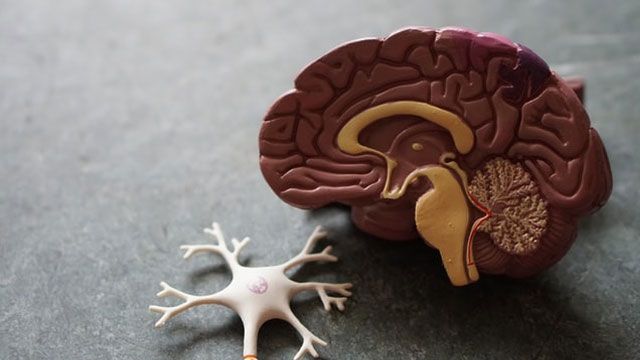Trending News
News
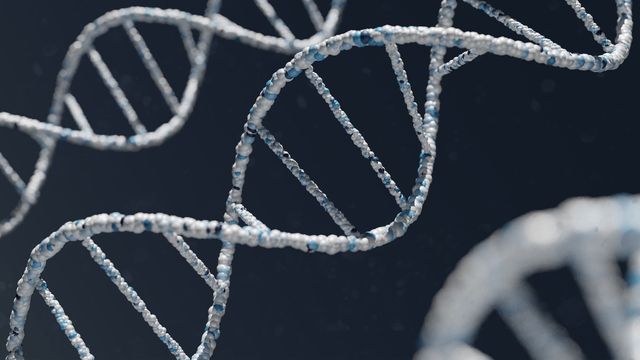
News
Genomic "Tug of War" Could Influence How Cancer Patients Respond to Decitabine
A genomic tug of war for a gene activator could explain why some cancers respond to decitabine and others don't respond or become resistant over time.
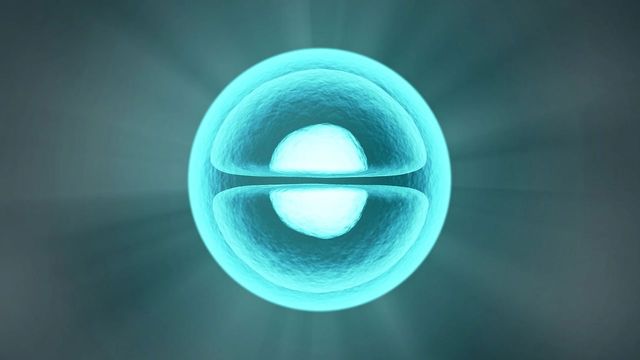
News
3D Genome Folding Helps Preserve Identity When Cells Divide
A new MIT study proposes a theoretical model that helps explain how cellular memory is passed from generation to generation when cells divide.

News
Humans Share the Blueprint of Their Brain With Sea Anemones
New research finds the same genetic mechanisms at work during neural development in both humans and Nematostella vectensis.
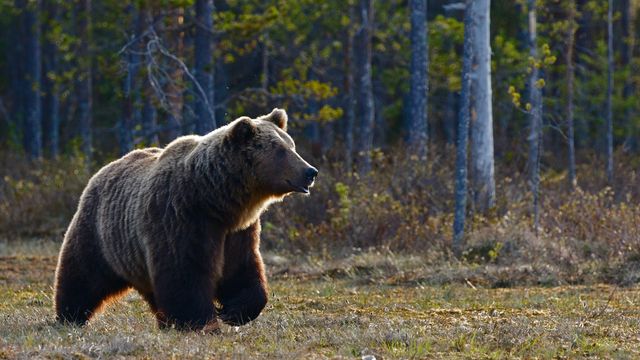
News
Grizzly Bears Circadian Clocks Keep Going Through Hibernation
The internal clocks of grizzly bears appear to keep ticking through hibernation, according to a genetic study. This persistence highlights the strong role of circadian rhythms in the metabolism of many organisms including humans.
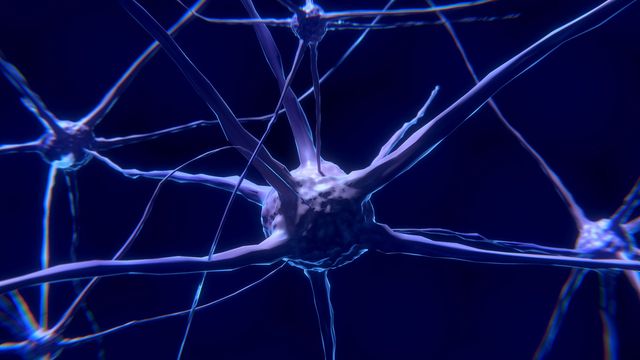
News
Parkinson's Disease Halted in Mouse Model
Researchers have shed new light on the cellular processes behind Parkinson's and illustrated how disease progression can be halted in a mouse model.
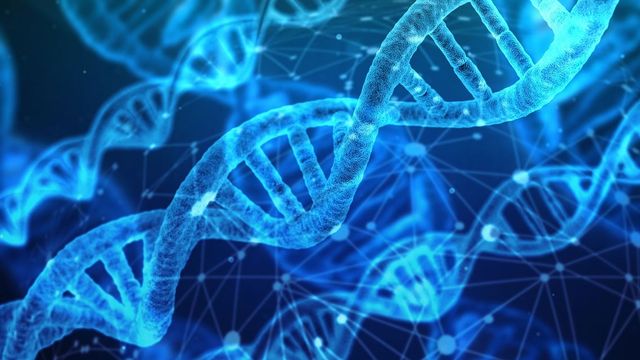
News
IBD Risk Varies for People of European and African Ancestry
Researchers have questioned whether rare variants associated with IBD, found in people with European ancestry, confer the same risk in African Americans.
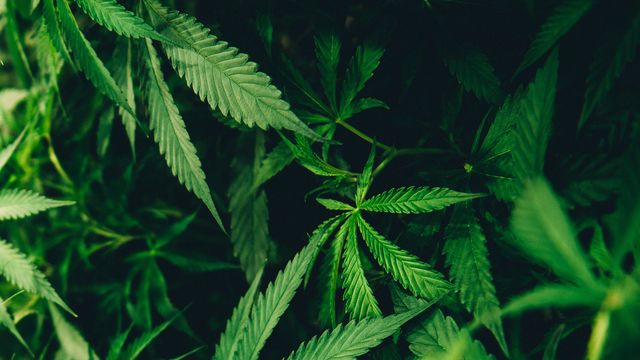
News
Cannabis Chemicals May Have Evolved to Deter Insect Pests
Cannabinoids may have evolved to deter pests from chewing on them, according to experiments that showed higher cannabinoid concentrations in hemp leaves led to proportionately less damage from insect larvae.

News
Daily Scheduled Exercise Helps To Sync Body Clock
Physical activities in the morning, associated with daily patterns of sleep/wake cycle, convey timing information from the light-sensitive central clock in the brain to the weight-bearing skeletal tissues.
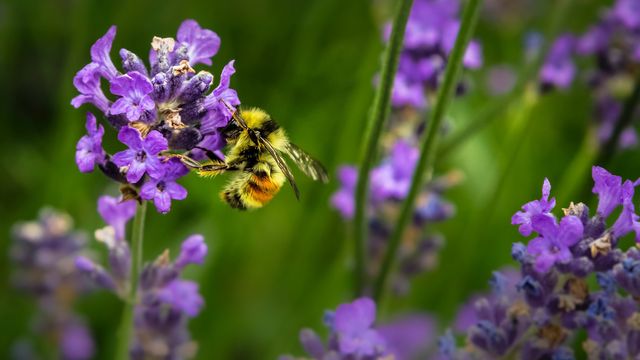
News
A Bee Virus May Be Getting Less Deadly in New York
Researchers have found that the deadly deformed wing virus (DMV) may have evolved to be less deadly in at least one U.S. forest. The findings could help inform solutions to mitigate the virus in managed honey bee colonies.

News
Long-Term Alcohol Consumption Linked to Faster Biological Aging
Long-term alcohol consumption has been linked to faster biological aging, notably in middle-aged and older people, as measured by epigenetic aging clocks.
Advertisement
